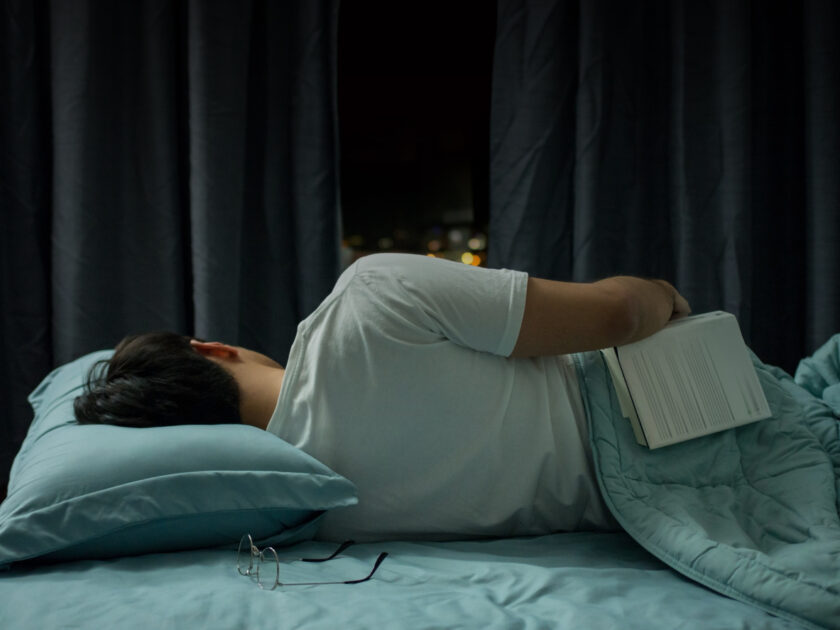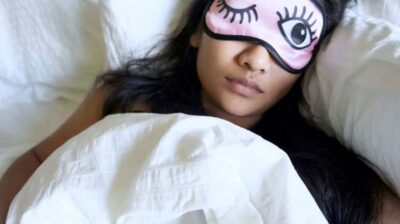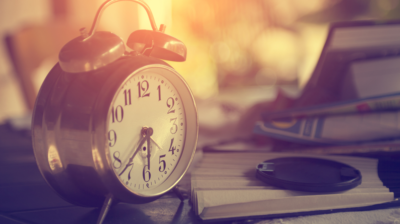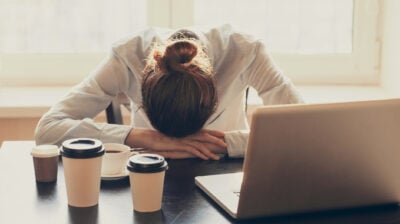7 common myths about sleep
Could one of these myths be impacting the quality of your sleep?

We generally think we know it all when it comes to sleep. After all, going to sleep is something we do each night. However, many people have bad habits around sleep, and a lot of these bad habits might have started because of some common myths about sleep.
7 common myths about sleep
Which of these have you heard before? And which could be impacting the quality of your sleep?
Myth 1: A few hours sleep is enough
Fact: It’s true that everyone needs different amounts of sleep, but most adults need 7-9 hours every night. If you don’t get enough sleep every night, this can have significant impacts on your physical and mental health.
Myth 2: Having trouble falling asleep isn’t a problem
Fact: If you have trouble getting to sleep every night, it is a problem, and it can be bad for your health. There are loads of things you can do to improve your sleep, and if you still have sleep issues, you can go to the doctor.
Myth 3: If you missed sleep during the week, you can catch up on the weekend
Fact: When you miss out on sleep, what’s called a ‘sleep debt’ starts to build up. Unfortunately, sleeping in on the weekend doesn’t help. The best way to make up for lost sleep is to simply get into a healthy sleep routine where you go to bed the same time every night and get up the same time every morning.
Myth 4: Watching TV helps you fall asleep
Fact: Many people watch TV when they’re trying to fall asleep. However, this is actually bad for your sleep. The best thing is to keep your bedroom as dark and as quiet as possible, so turn off the TV an hour before going to bed.
Myth 5: Naps are bad for sleep
Fact: Naps can be a great way to boost energy during the day. If you nap for too long and too late in the evening, it can make it harder to sleep at night, but if you limit your naps to 20 minutes, and keep them earlier in the afternoon, it shouldn’t affect your night-time sleep. However, bear in mind that it's best not to nap during the day if you have a sleep problem as it can disturb your sleep-wake cycle even more. Short naps are good for people who have very active and stressful days. Find more information about napping here.
Myth 6: Alcohol helps me sleep
Fact: Alcohol may make you feel drowsy, but the quality of sleep you get when you’ve drunk alcohol is actually very poor. It can often make you wake up several times during the night, and you may wake up feeling unrested.
Myth 7: Sleeping aids are the only answer to sleep problems
Fact: While in some cases sleeping aids or sleeping pills are a good treatment for sleep problems, there are many natural things you can incorporate into your sleep routine to improve sleep. For more information on sleeping aids, check out our article here.






